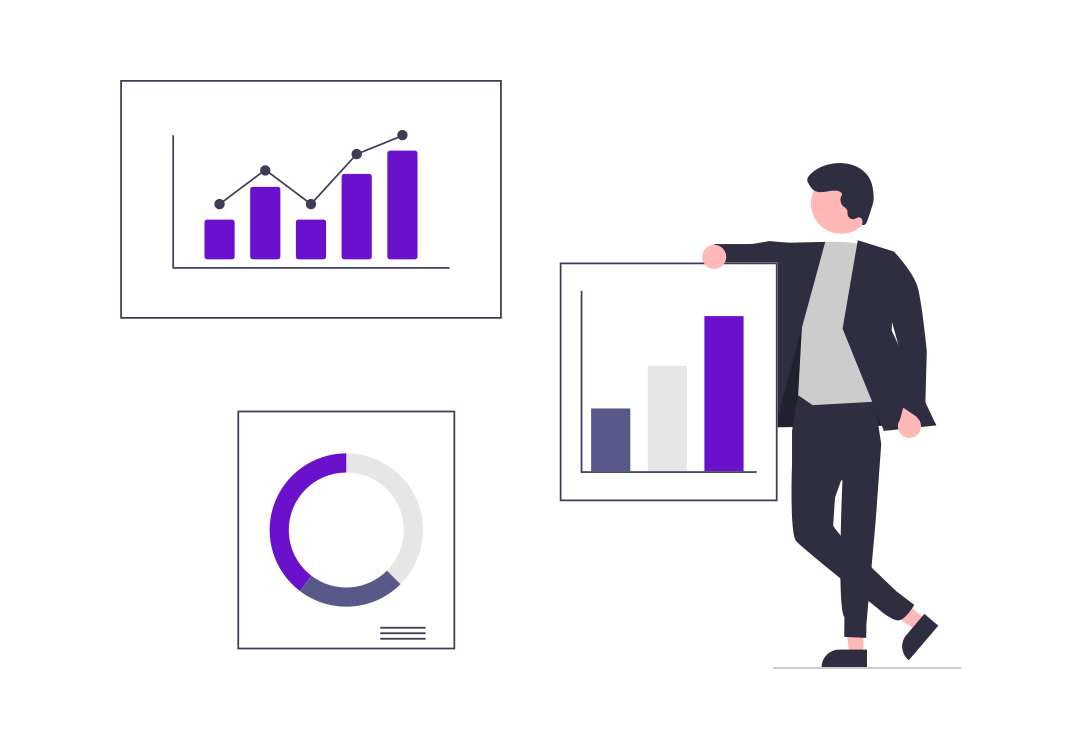In the highly competitive landscape of Software as a Service (SaaS), personalized marketing approaches are essential for driving growth and customer retention. Account-Based Marketing (ABM) has emerged as a powerful strategy, and when combined with data analytics, it can significantly enhance the effectiveness of marketing efforts. This blog explores the pivotal role of data analytics in identifying target accounts and personalizing marketing strategies for SaaS companies.
The Power of Data Analytics in ABM
Data analytics serves as the backbone of a successful ABM strategy. It enables SaaS companies to sift through vast amounts of information to uncover valuable insights about potential and existing customers. By leveraging data analytics, marketers can identify high-value target accounts, understand their needs, and create tailored marketing campaigns that resonate with them.
Identifying Target Accounts
-
Behavioral Data Analysis:
- Monitoring website visits, content interactions, and user journeys provides insights into the interests and pain points of potential customers. This data helps in identifying which accounts are showing genuine interest in the product.
-
Firmographic Data:
- Information such as company size, industry, and revenue helps in segmenting target accounts that are more likely to benefit from the SaaS product. Firmographic data ensures that marketing efforts are directed towards accounts with a higher probability of conversion.
-
Technographic Data:
- Understanding the technology stack of potential customers can provide clues about their compatibility with the SaaS offering. This data helps in targeting accounts that are more likely to integrate seamlessly with the product.
-
Predictive Analytics:
- By leveraging machine learning algorithms, predictive analytics can forecast which accounts are most likely to convert. This involves analyzing historical data to identify patterns and trends that signal a high likelihood of conversion.
Personalizing Marketing Efforts
Once target accounts are identified, the next step is to tailor marketing strategies to meet their specific needs. Data analytics plays a crucial role in this personalization process.
-
Content Personalization:
- Creating personalized content that addresses the unique challenges and interests of each target account can significantly enhance engagement. Data analytics helps in understanding what type of content resonates with different segments, enabling marketers to craft relevant messages.
-
Multi-Channel Campaigns:
- Data analytics allows for the orchestration of multi-channel campaigns that reach target accounts through their preferred channels, whether it's email, social media, or direct mail. By analyzing engagement metrics across channels, marketers can optimize their strategies for maximum impact.
-
Real-Time Personalization:
- Utilizing real-time data, SaaS companies can personalize website experiences and interactions as they happen. For example, dynamically changing website content based on the visitor's previous interactions and behavior can create a more engaging experience.
-
Account Scoring:
- Data analytics can help in developing an account scoring system to prioritize marketing efforts. By assigning scores based on engagement levels, firmographic data, and predictive analytics, marketers can focus on the accounts that are most likely to convert.
Case Study: Data-Driven ABM in Action
To illustrate the effectiveness of data-driven ABM, let's consider a hypothetical SaaS company, TechBoost, that offers a project management solution for large enterprises.
Challenge: TechBoost struggled with identifying high-value accounts and personalizing their marketing efforts to increase conversions.
Solution: By integrating a data analytics platform, TechBoost was able to gather and analyze behavioral, firmographic, and technographic data. They implemented predictive analytics to forecast which accounts were most likely to convert.
Outcome: TechBoost identified a list of high-value target accounts and personalized their marketing campaigns. They created tailored content and executed multi-channel campaigns, leading to a 30% increase in engagement and a 20% increase in conversion rates within six months.
Conclusion
Leveraging data analytics in account-based marketing is not just a competitive advantage but a necessity in the SaaS industry. By effectively identifying target accounts and personalizing marketing efforts, SaaS companies can significantly improve their conversion rates and drive sustainable growth. As data analytics technology continues to evolve, the potential for even more precise and effective ABM strategies will only grow, paving the way for more innovative and impactful marketing approaches.


